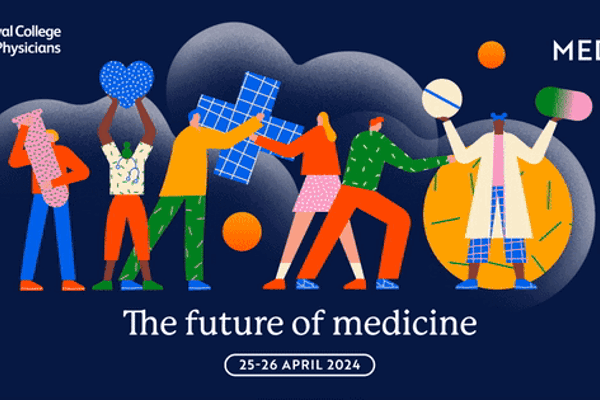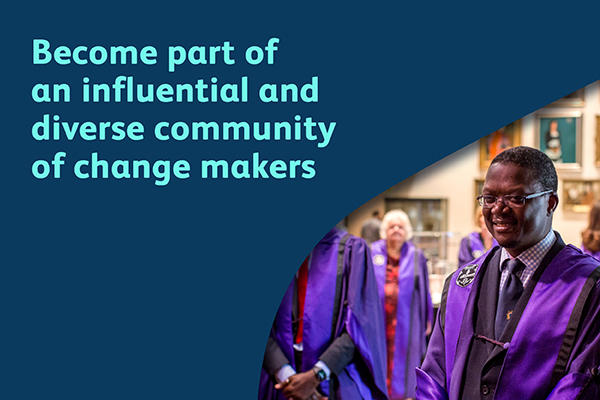What is the RCP doing?
The RCP has actively engaged with the COVID-19 inquiry since it was announced. The insights from our COVID-19 workforce impact surveys will be invaluable to communicating the experiences of physicians during the pandemic. We will submit evidence directly and via the Academy of Medical Royal Colleges.
The RCP responded to the announcement of the inquiry in May 2021, saying that ‘preparedness’ needed to be defined widely enough to take into account the greater impact of COVID-19 in the UK because of the state of public health and inequality. We then responded to the Terms of Reference consultation in March 2022, saying we were pleased that the final Terms of Reference had been broadened to consider the unequal impact of the pandemic.
Module 3: Impact of Covid-19 pandemic on healthcare systems in the 4 nations of the UK
In November 2022 the RCP was identified by the inquiry as an organisation “likely to have important information to share with it in relation to Module 3 specifically.” Preliminary to formal requests for evidence, we were asked if we would provide brief informal information about:
- our function and role, in general and in relation to the pandemic
- what we consider to be the key issues relevant to the matters set out in the provisional outline of scope for Module 3
- lessons learned that we identified in relation to responses to the pandemic, the impact on healthcare systems and how those lessons might apply in future
- key documents.
We said we consider the key issues to be:
- infection control in hospitals and protection of healthcare professionals, including provision of and access to personal protective equipment (PPE), individual risk assessment for healthcare professionals and ventilation of buildings
- the disproportionate level of infection with and mortality from COVID-19 among ethnic minority healthcare professionals and patients
- the disproportionate level of infection with and mortality from COVID-19 based on socioeconomic status
- staffing levels, critical care capacity and diagnostic capability, and the associated impact on the health and wellbeing of patients and staff
- the impact of the pandemic and the formative experience of healthcare in distress on the training, career progression and physical and mental health of medical students, foundation doctors and trainee doctors
- the identification of people at particular risk from COVID-19 infection and the socioeconomic impacts of shielding
- general levels of UK population health and their relation to COVID-19 mortality, such as high levels of obesity.
We said that, without wishing to pre-judge the findings of the inquiry, we felt that the pandemic taught us that
- clear communication is important at all times but during a pandemic is crucial, and inconsistencies in messaging from government – with statements from Ministers often not reflecting the experiences of our members - caused confusion among both healthcare professionals and the public
- staffing levels and therefore care capacity within the health and social care system were not adequate to both deliver routine care and respond to the pandemic, which led to a significant increase in an already significant backlog of care
- the additional pressure on an already inadequate workforce had a negative impact on morale and people leaving healthcare professions
- a reduction in bureaucracy in many cases led to rapid change to meet local needs by enabling clinical leadership and partnerships with management at the local level
- stocks of PPE may or may not have been adequate but they were not in the right place at the right time and there was confusion over the appropriate levels of protection in different healthcare settings
- the system was not fully prepared to protect healthcare professionals by providing adequate rapid testing, individualised risk assessments and flexible working conditions
- poor and worsening levels of UK population health contributed to higher levels of mortality from COVID-19 and health inequality that existed before the pandemic was exacerbated by it.




